
OR
#OPINION
Mayor's Ultimatum Belief: Defiant or Questionable Approach to Governance?
Published On: August 2, 2023 08:30 AM NPT By: Khusbu Oli
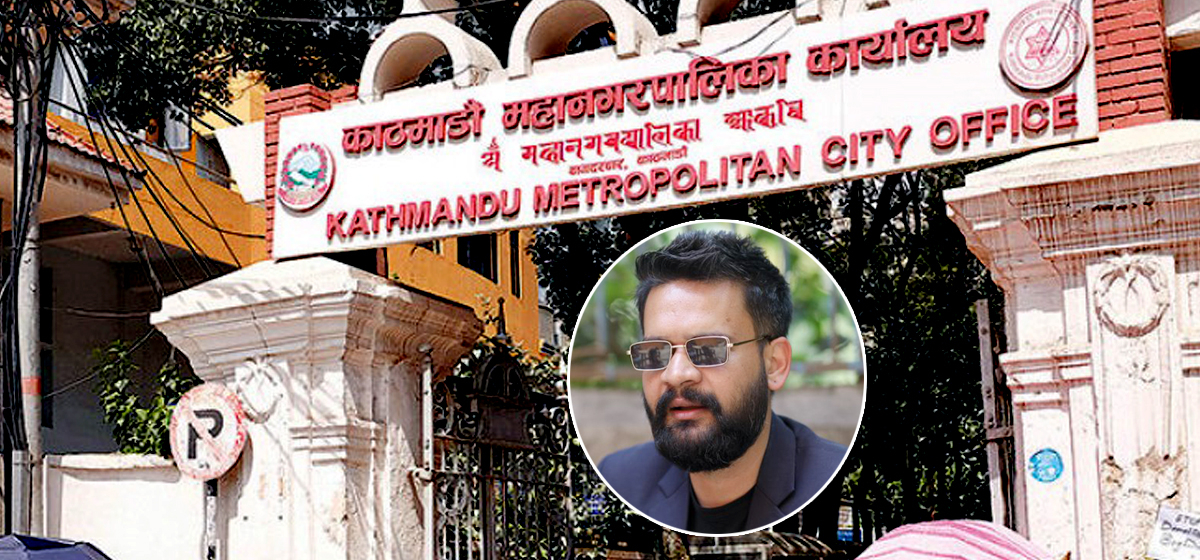

Khusbu Oli
(The author is Central Committee member and Deputy Chief of Central Training Department of Rastriya Prajatantra Party)news@myrepublica.com
In the vibrant city of Kathmandu, a new era of leadership has dawned with the surge of a young and passionate mayor, Balen Shah. Before ascending to this role, he was celebrated for his unwavering advocacies for the rights of the marginalized and impoverished, which have long struggled to make a living amidst the bustling capital. However, as he now assumes power, some actions have left many citizens disheartened and questioning his commitment to ethical governance and compassion.
One of the primary concerns surrounding Mayor Shah's vision for the city is its seemingly short-sighted perspective, where the poor appear to have no place. The distressing spectacle of fruit carts being upended and struggling vendors chased away by metropolitan police has raised questions about his approach to inclusive governance. While it is true that the city has faced challenges due to street vendors, we must pause and question whether eradicating them entirely is the most humane approach. Their absence may have improved the city's appearance and increased efficiency, but are we willing to turn a blind eye to the devastating impact on their livelihoods, families, and young children? Simply stopping them from selling on the streets cannot be the complete solution. The metropolitan authorities bear the responsibility of engaging with these vendors and providing them with viable alternate options. Sudden changes of this magnitude can be incredibly challenging for these families. How will they cope with such a drastic shift? How will they survive in this expensive city without any means of earning a living? It is essential for the authorities to address these questions and find compassionate and sustainable solutions that consider the well-being of these vulnerable communities.
Doubts about the mayor's leadership have intensified as reports surface of buildings being demolished without proper dialogue or consideration for homeowners' concerns. Courts have had to intervene, highlighting the need for respectful communication. Had the mayor engaged in proper notices and dialogue, owners might have cooperated willingly, as the public believes in his good intentions, but his failure to gain their cooperation remains a concern. Mayor Balen Shah's team of metropolitan police has come under scrutiny for their autocratic and disrespectful behavior, projecting themselves as the unrivaled authority within the capital. This conduct has left the public disheartened, particularly those daring to voice dissent. Equally concerning is the mayor's apparent reluctance to engage in open communication and meaningful dialogue, which could prove to be a significant factor in his potential failure
A recent incident involving bulldozing operations exemplifies the lack of transparency and respect within the mayor's administration. The information was conveyed through mere announcements, lacking written notices or opportunities for discussion. A video has surfaced, showing the metro police issuing an ultimatum of three days for residents near high-tension lines to evacuate, with demolition as the alternative. Although the intentions are for the good of the public, this approach raises valid concerns, as it disregards the hardships faced by families who have resided in the area for years, leaving schools, jobs, and financial stability behind within an unreasonably short timeframe. Furthermore, it neglects the legal rights of these individuals to their homes, demanding an explanation that aligns with the rule of law. This kind of heavy-handed and seemingly authoritarian leadership goes against the democratic principles the city holds dear.
Shah's election as the mayor was not solely based on his street-level popularity, but rather on the people's yearning for change. His pre-electoral rap songs passionately voiced concerns for the plight of the poor and garnered widespread support. However, some of his recent actions have led to concerns about a shift in perception towards the marginalized communities he once ardently championed. There are worries that beneath the surface, Shah's leadership style may be veering towards populist desperation, raising alarming questions about the path he intends to follow.
In his vision for Kathmandu, Mayor Shah must also pay attention to the preservation of heritage and cultural identity. The city's unique cultural heritage is intertwined with the lives of its people, including the poor. Rapid urbanization should not come at the expense of erasing the history and traditions that give Kathmandu its distinctive character. Instead, development plans should aim to preserve and showcase the rich heritage that attracts tourists and sustains local economies. Moreover, it is crucial to create an enabling environment for micro-enterprises and street vendors, as they are often an essential source of income for the poor. Furthermore, Mayor Shah's vision should extend to creating an environment conducive to entrepreneurial growth. Encouraging small and medium-sized businesses, particularly those run by the poor, can lead to economic empowerment and job creation within the community. Rather than viewing them as obstructions to development, efforts should be made to regulate and formalize their activities while ensuring their rights and dignities are respected. By working in collaboration with these communities, the mayor can integrate them into the fabric of Kathmandu's development and ensure their voices are heard in decision-making processes.
As Kathmandu enters this new chapter, citizens stand united, ready to support the mayor's endeavors. In return, they hope to witness a city that thrives with progress and empathy, setting an example for ethical governance and compassionate leadership. Through collective efforts and constructive engagement, Kathmandu can become a beacon of hope, demonstrating that progress and compassion can go hand in hand. Mayor Balen Shah's legacy can be defined not only by the infrastructure he builds but also by the lives he uplifts and the hearts he touches. With vision, sensitivity, and inclusivity, Kathmandu can chart a course toward a future that benefits all its citizens, leaving behind a legacy of progress with compassion and a city that embraces and supports its less privileged residents.
You May Like This
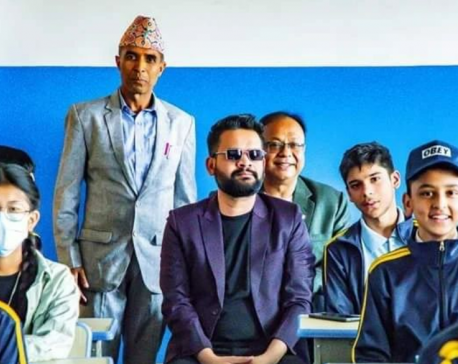
A Call to Action for Local Governments
Kathmandu Metropolitan City (KMC) Mayor Balendra Shah's recent initiative to inspect community schools within the metropolis deserves huge applause. His... Read More...
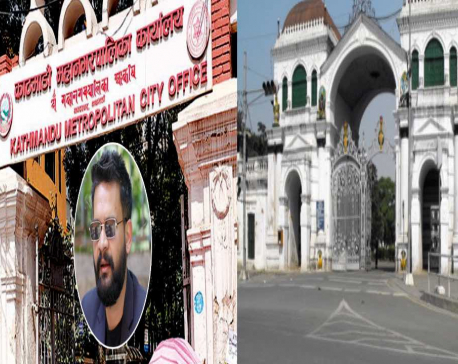
KMC (Balen) Vs Singha Durbar!
Mayor Balendra Shah (Balen) of Kathmandu Metropolitan City (KMC) has issued a bold statement, calling out the federal government for... Read More...
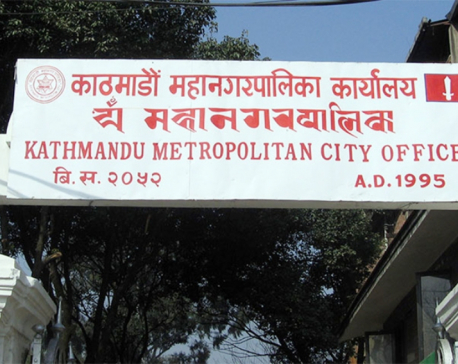
Five casinos pay 6.6 million rupees as entertainment tax to KMC
KATHMANDU, Sept 13: Five casinos in Kathmandu have paid entertainment tax to the Kathmandu Metropolitan City (KMC). According to the... Read More...




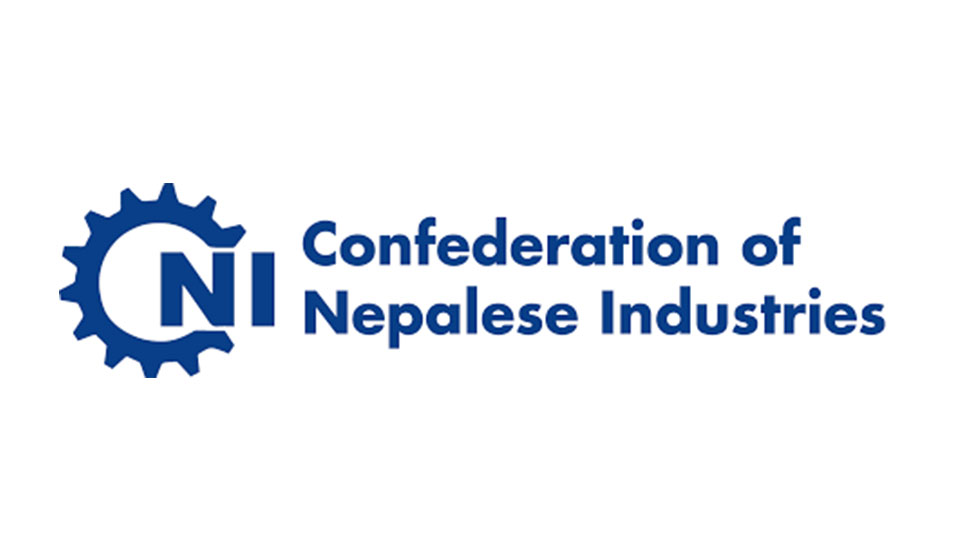
Just In
- NAC's plane lands at TIA after its maintenance in Israel
- Indian Ambassador assures of promoting India's investment in Nepal
- Freak accident involving self-made pistol leaves young man injured in Banke
- Global Shapers Community Kathmandu set to host second edition of Global Talk Series
- CNI President Agrawal highlights Nepal's conducive investment climate at Investment Summit
- Hearing on case against cricketer Lamicchane could not proceed today
- UML candidate Bhandari maintains lead in Bajhang
- Nepal Investment Summit (live)







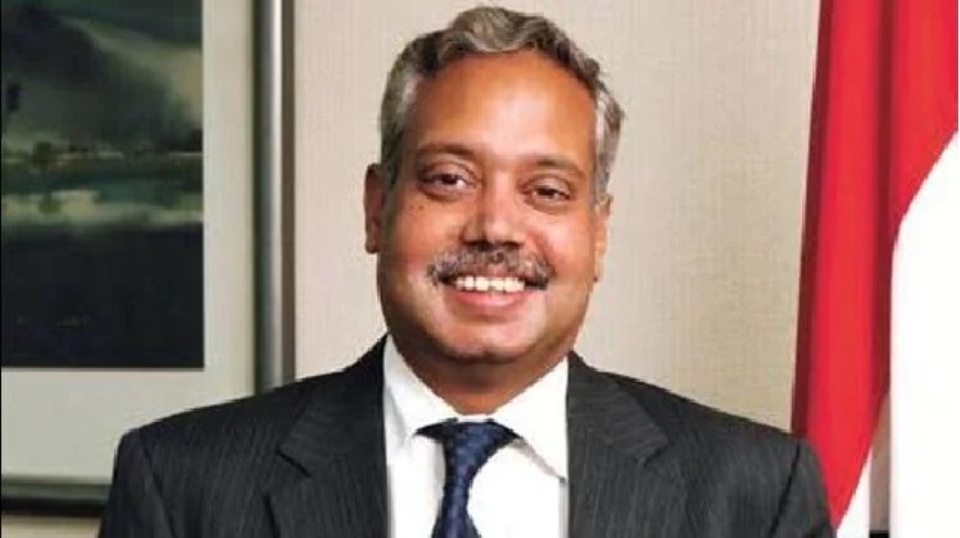




Leave A Comment